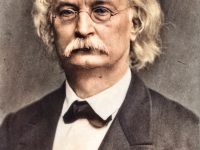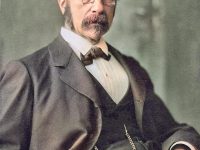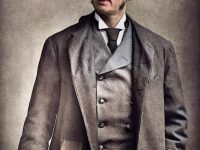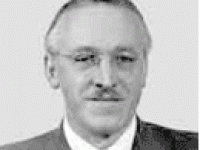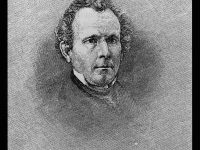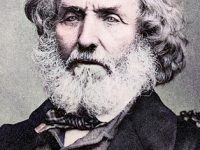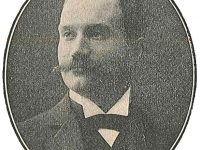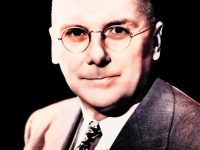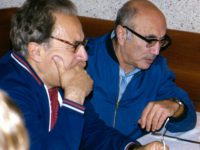Karl Richard Lepsius – A Pioneer in Modern Archaeology
On July 10 1884, Prussian egyptologist and linguist Karl Richard Lepsius passed away. Lepsius is regarded as one of the founding fathers of scientific methods in archaeology. His plans, maps and drawings of tomb and temple walls are of high accuracy and reliability. In 1866 he found found the Canopus decree at Tanis. Being written in two languages, it was a valuable cross-reference for the prior interpretation of the Rosetta stone by Champollion.[6]…
Read more

